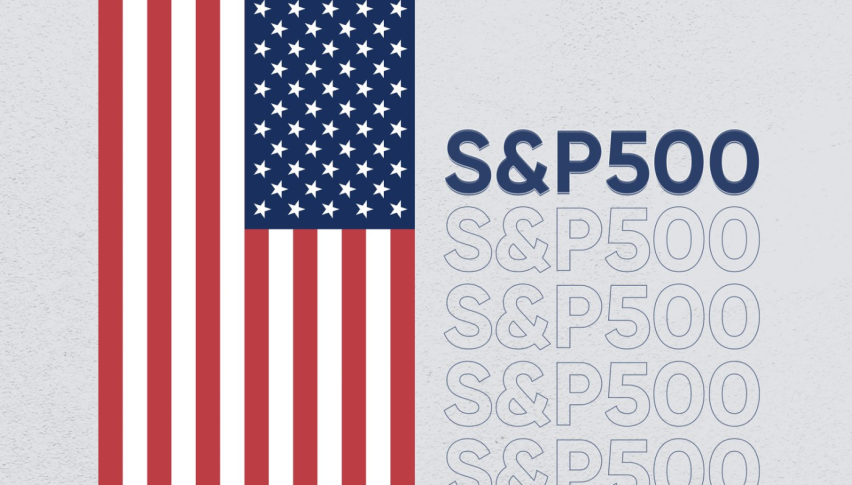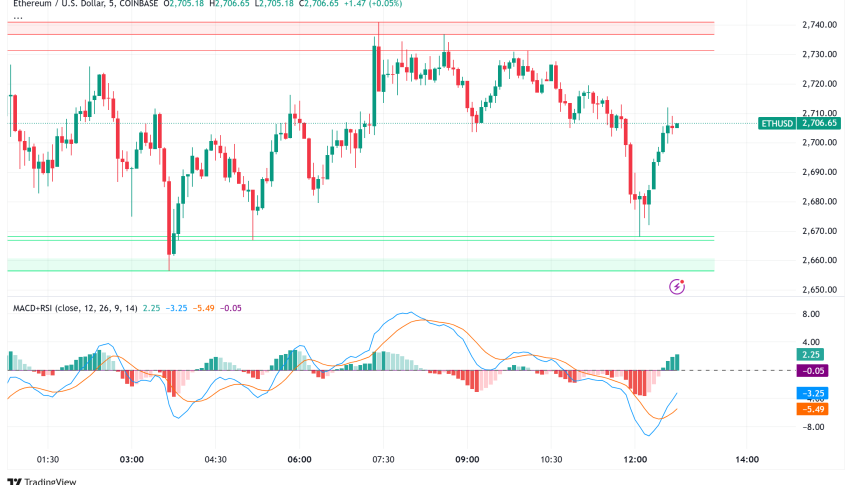German 30 (DAX) Price Slips 30 Points as Manufacturing PMI Plunges to 42.4; Time to Buy Oversold Index?
The German DAX index experienced a decline of 30 points or 0.2% on Monday, closing at 18,876. This dip was largely driven by concerning

The German DAX index experienced a decline of 30 points or 0.2%, on Monday, trading at 18,876. This dip was largely driven by concerning developments in Germany’s manufacturing sector.

The HCOB final Purchasing Managers’ Index (PMI) for August fell to 42.4 from 43.2 in July, indicating a significant drop in incoming orders.
Manufacturing is a critical pillar of Germany’s economy, contributing roughly 20% to the nation’s GDP, making this downturn particularly troubling.
Key Takeaways
- Manufacturing Struggles: Germany’s manufacturing PMI fell to 42.4 in August, dragging down the DAX by 0.2%.
- Inflation Pressures: Persistent inflation in the Eurozone adds to investor concerns, weighing on the DAX.
- Fed Rate Expectations: Uncertainty over the Fed’s rate cut decision contributes to global market volatility, affecting the DAX.
The automotive sector, which is heavily reliant on export markets, particularly China, also contributed to the DAX’s decline.
Major automakers like Porsche, Mercedes, BMW, and Volkswagen saw their shares fall as demand from China weakened.
Additionally, industrial giants such as Daimler and Rheinmetall recorded share price drops of over 1%, further dragging down the index.
EUROPEAN MARKETS START TO TANK
The FTSE 100 has started in the red, defying the bullish predictions of the futures market, with a small fall in the opening minutes of trading.
Elsewhere, Germany’s DAX30 dropped by nearly 1%.
It’s believed disappointing manufacturing data from… pic.twitter.com/clvMQz2V2R
— ビットコインبيتكوين (@BitmexXRP) September 2, 2024
Economic Data and Inflation Pressures Influence DAX Performance
Beyond the manufacturing sector, broader economic concerns are impacting the DAX index. The Eurozone’s manufacturing PMIs, while slightly revised upwards, still suggest a contraction in factory activity.
Eurozone inflation eased to 2.2% year-over-year in August, aligning with expectations but underscoring persistent inflationary pressures that could sustain high wage growth in the region.
The European Central Bank (ECB) faces a challenging environment of sluggish economic growth coupled with stubborn inflation. This complex backdrop is creating uncertainty among investors, contributing to the downward pressure on the DAX index.
⚠️ EUROPEAN MARKETS START TO TANK
The FTSE 100 has started in the red, defying the bullish predictions of the futures market, with a small fall in the opening minutes of trading.
Elsewhere, Germany’s DAX30 dropped by nearly 1%.
SHOULD WE WORRY? pic.twitter.com/E53Ibt2l1J
— Media043 (@Media_043) September 2, 2024
Federal Reserve Rate Cut Expectations and Their Impact on the DAX
Across the Atlantic, the Federal Reserve’s monetary policy is also influencing the DAX index.
The US dollar briefly hit a two-week high against the euro before pulling back as expectations of a more dovish stance from the Fed took hold.
The CME FedWatch Tool shows a 70% probability of a 25 basis point rate cut in September.

However, recent US economic data, including the July Personal Consumption Expenditures (PCE) Index, showing stable inflation levels, make the case for a significant rate cut uncertain.
This uncertainty affects global markets, including the DAX, which may see continued volatility as investors react to evolving economic data and central bank policies.
- Check out our free forex signals
- Follow the top economic events on FX Leaders economic calendar
- Trade better, discover more Forex Trading Strategies
- Open a FREE Trading Account
Sidebar rates
82% of retail CFD accounts lose money.
Related Posts
Best Forex Brokers
| Broker | Website | |
|---|---|---|
| 🥇 |  | Visit Broker |
| 🥈 |  | Visit Broker |
| 🥉 |  | Visit Broker |
| 4 |  | Visit Broker |
| 5 |  | Visit Broker |
| 6 |  | Visit Broker |
| 7 |  | Visit Broker |




